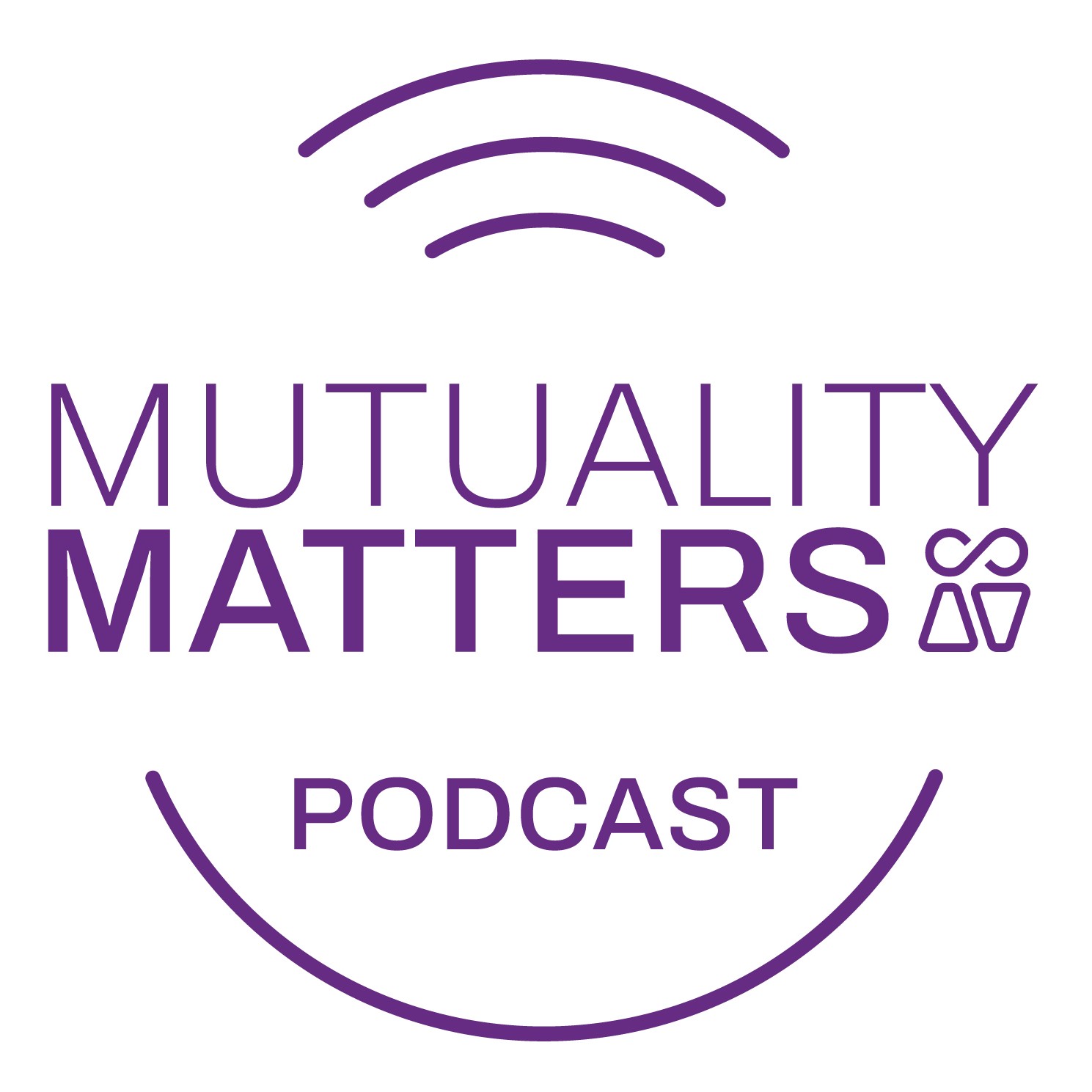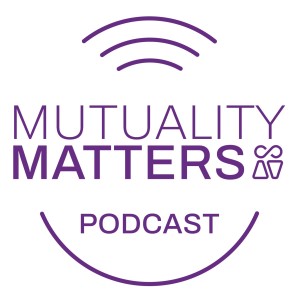
93.6K
Downloads
175
Episodes
Women, Men, Mutuality, and the Bible CBE’s Mutuality Matters podcast is part of CBE International’s online library of free resources! Hosts of CBE’s Mutuality Matters team offer weekly conversations with leaders, pastors, authors, scholars, activists, and humanitarians on women, men, shared leadership, and Scripture. CBE International (Christians for Biblical Equality) advances the gospel by equipping women and men of all cultures, races, and classes to lead and serve as equals. Founded in 1989, CBE has supporters and ministry partners in over 100 denominations and 65 countries, and offers annual conferences, adult and youth curricula, a curated bookstore, multi-media resources, award-winning publications, and a blog. Learn more at cbeinternational.org.
Episodes

Friday Sep 01, 2023
Friday Sep 01, 2023
In part one of “Translating the Old Testament with Dr. Havilah Dharamraj,” Havilah discusses not only her work leading CBE’s Old Testament translation team, but also their methodology, priorities, and examples of both. Significant examples cited include:
Psalm 68:11, “The Lord announces the word, and the women who proclaim it are a mighty throng.” Havilah and the team propose a far more faithful translation in English as: “The Lord speaks good news, and a great multitude of women broadcast it.” She mentions women in Scripture who broadcast the good news such as Mary Magdalene, John 20:11–18.
Considering the crucial issue of women’s inheritance, Havilah addresses Numbers 27:4 (correction from episode citing Num. 26:4): “Take a census of the men twenty years of age or older, as the LORD has commanded Moses.” And these were the Israelites who came out of the land of Egypt…” This passage has been the basis for women gaining inheritance rights the world over, especially today.
Next, we explored Genesis chapters 1–3. Especially Genesis 2:23 and Genesis 2:24 (correction from episode citing Genesis 1:23–24) to consider whether these passages suggest woman is derivative of man and therefore lesser? Too often that is how the passage is interpreted. But the team opted not for “bone of my bone, but “my own flesh and blood.” A far better “sense” translation because it speaks directly to the highest kinship relationships in the ancient world and today as well. When Adam first meets Eve and recognizes her as his own flesh and blood, the text immediately moves to: Thus, the husband detach from his kinship relations—his parents to attach to his wife, this now is the strongest bond—new kinship relation of marriage (Genesis 2:24). Hence, this text, when interpreted well, is quite subversive and gives women protection from alignment with the husband’s clan where women are often vulnerable and without support.
With power and wisdom, Havilah traces the pattern of chaos and disruption sin inaugurates into the sinless world. Sin disrupts the nature and relations of the serpent, the man and woman. The snake lost its locomotion, the man must labor to grow food, and the woman experiences pain in childbirth. Further, sin distorts/fractures not only the nature of life, but also the relationships between man and woman who no longer live in mutuality or oneness. In a sinful world, the man now rules over the woman who desires what was once their life of mutuality. Listen for more on these crucial passages.
Please join us for Part 2 on October 6 as Havilah discusses the impact of better transitions on issues such as feminine language for God, sexual abuse cited in Scripture, and women of strength in Ruth. Join us next month as “Women & Words: Why Bible Translations Matter” brings better ways of interpreting the Hebrew Bible.
Guest Bio:
Dr. Havilah Dharamraj currently serves as academic editor of CBE’s award-winning academic journal, Priscilla Papers. She is a Langham Scholar and has for years pioneered a better biblical understanding of women in Scripture. Currently Havilah heads CBE’s chapter in India. She holds a PhD in Old Testament, from the University of Durham, UK. Her research interests are Old Testament and Comparative Literature. She is faculty at the South Asia Institute for Advanced Christian Studies, India. With an interest in biblical narrative, she encourages the use of storytelling in the pulpit. She is author of various articles, commentaries, and monographs, as well as an editor of the South Asia Bible Commentary (Zondervan, 2015) and the forthcoming South Asia Study Bible. Havilah writes and speaks for CBE. She received CBE’s Lifetime Achievement award in 2019.
Havilah Dharamraj’s Publications
Books: Authored and co-authored
- Altogether Lovely: A Thematic and intertextual Reading of the song of Songs
- Ruth: A Pastoral and Contextual Commentary (Asia Bible Commentary
- A Prophet Like Moses?: A Narrative—Theological Reading of Elijah Stories
- Five Views of Christ in the Old Testament: Genre, Authorial Intent, and the Nature of Scripture (Counterpoints: Bible and Theology)
- Challenging Tradition: Innovation in Advanced Theological Education (ICETE Series)
- South Asia Bible Commentary: A One-Volume Commentary on the Whole Bible
Havilah Dharamraj’s Articles
Havilah Dharamraj’s CBE YouTube Lectures:
Disclaimer:
The opinions expressed in CBE’s Mutuality Matters’ podcast are those of its hosts or guests do not purport to reflect the opinions or views of CBE International or its members or chapters worldwide. The designations employed in this podcast and the presentation of content therein do not imply the expression of any opinion whatsoever on the part of CBE concerning the legal status of any country, area or territory or of its authorities, or concerning the delimitation of its frontiers.

No comments yet. Be the first to say something!